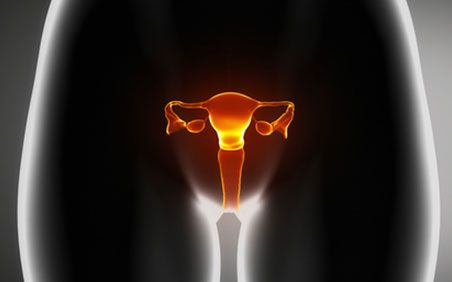Understanding the Causes of Miscarriage
 There are few losses more devastating in life than pregnancy loss, especially when it occurs on multiple occasions. It can make a couple feel helpless and hopeless, as though they were not meant to bring a beautiful new life into the world. At the Houston Fertility Center, one of our primary goals is to help such couples understand that there is usually a biological reason behind such miscarriages, and that there is reason to keep hope in their hearts because modern infertility treatments make miracles entirely possible.
There are few losses more devastating in life than pregnancy loss, especially when it occurs on multiple occasions. It can make a couple feel helpless and hopeless, as though they were not meant to bring a beautiful new life into the world. At the Houston Fertility Center, one of our primary goals is to help such couples understand that there is usually a biological reason behind such miscarriages, and that there is reason to keep hope in their hearts because modern infertility treatments make miracles entirely possible.
Determining the underlying miscarriage causes at our Houston fertility clinic can help us identify the proper fertility treatment plan for a couple. Modern fertility treatments allow for patients who once would have been genetically predisposed to recurrent miscarriages to improve the odds of successful childbirth significantly through in vitro fertilization, or IVF. The key is not to give up hope and to entrust your fertility treatment to trusted and experienced professionals, such as the team at the Houston Fertility Center, led by pioneering fertility expert Richard Dickey, who founded the practice in 1976.
If you have suffered pregnancy loss and would like to learn how we could help you give birth to a healthy, happy baby, we urge you to schedule your consultation at the Houston Fertility Center today.
Causes of Miscarriage
The most common causes of miscarriage include:
- Anatomical abnormalities: Many women who experience recurrent miscarriages have malformed uteruses. The most common type of uterine anomaly is a septate uterus, which is associated with a 60 percent risk of miscarriage.
- Genetic abnormalities: Genetic abnormalities can take the form of chromosomal abnormalities on the part of the mother, the father, or both. The most common type of chromosomal abnormality is called aneuploidy, which is marked by the presence of too many or too few chromosomes.
- Endocrine problems: Hormonal imbalances such as those associated with thyroid disease and pituitary problems can increase the chances of miscarriage.
- Immunologic factors: Abnormal blood clotting, such as that caused by antiphospholipid antibody syndrome (APAS) or lupus anticoagulant, can result in placental insufficiency and miscarriage.
- Cervical incompetence: Weak cervical tissues can lead to miscarriage, especially late in a pregnancy.
- Infections: It is still not known definitively whether infections such as gonorrhea, chlamydia, and mycoplasma can be associated with recurrent pregnancy loss; however, there is enough superficial evidence to suggest that further research should be conducted.
Two possible solutions to genetic abnormalities are pre-implantation genetic screening and pre-implantation genetic diagnosis, which allow for the genetic analysis of embryos prior to implantation via IVF. While these methods are not flawless, they do increase the odds of a healthy pregnancy and childbirth. Other treatment options include genetic counseling, hormonal correction, and anticoagulation.
Learn More about Miscarriage Causes
Whatever the cause of your miscarriage, we want to help you move forward in your quest to expand your family. Our fertility experts can help you make your dreams a beautiful reality. Please contact the Houston Fertility Center to learn more about miscarriage causes and how we can help you overcome your infertility.


